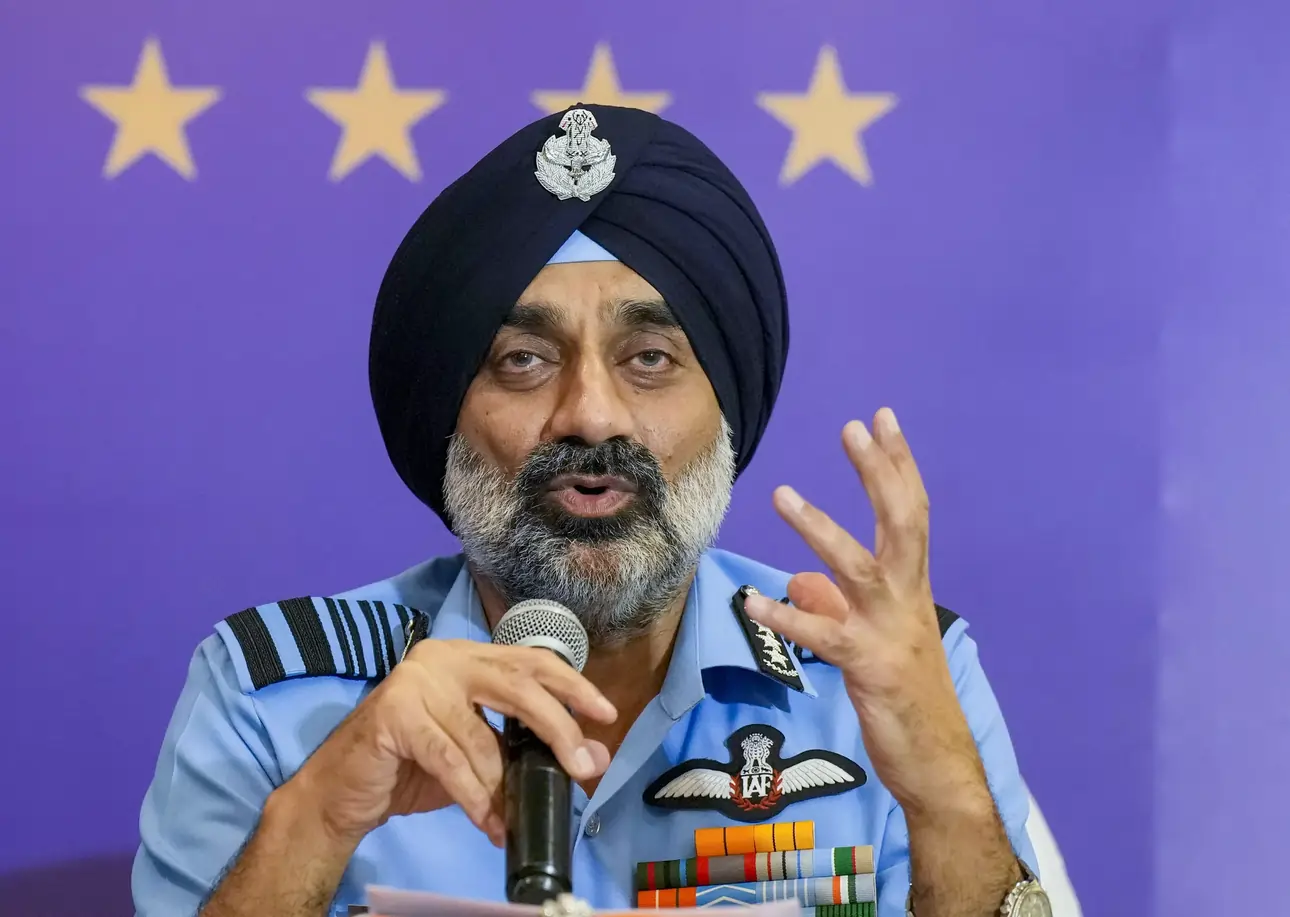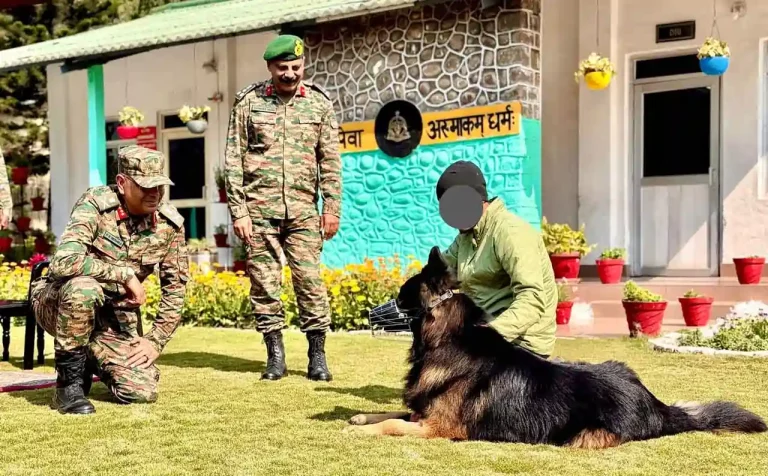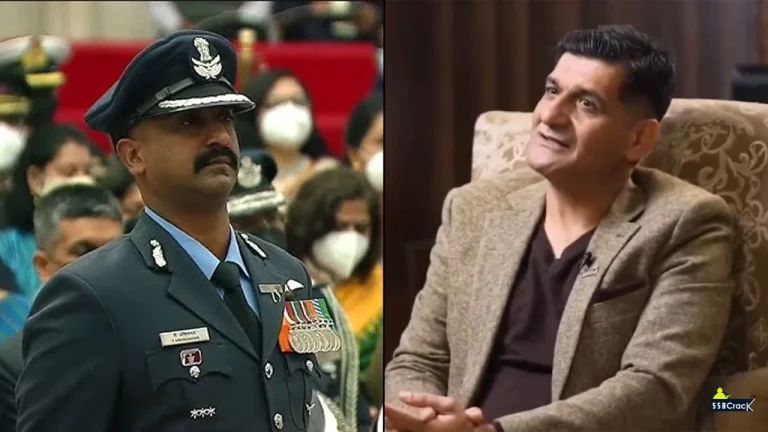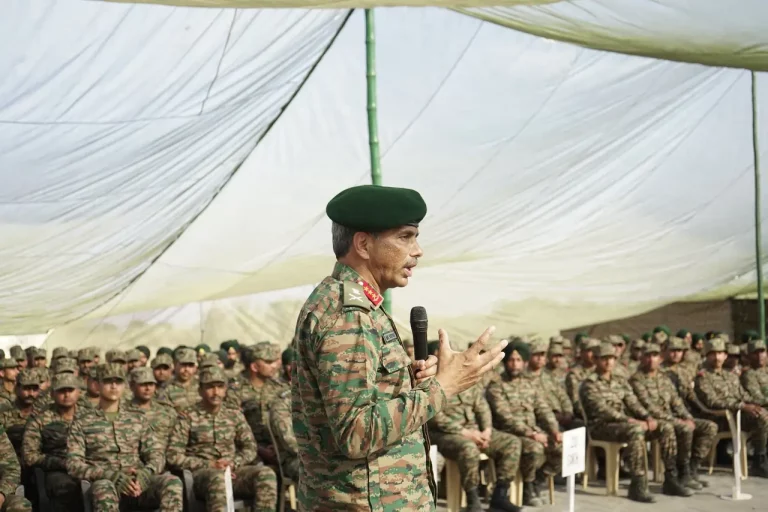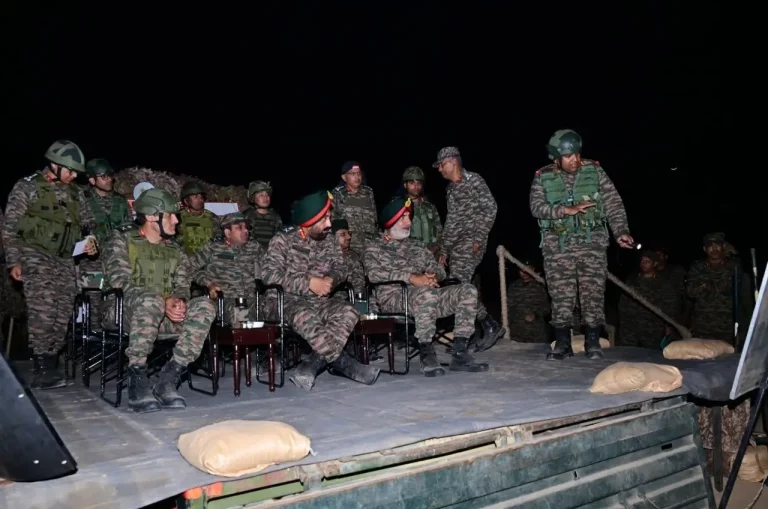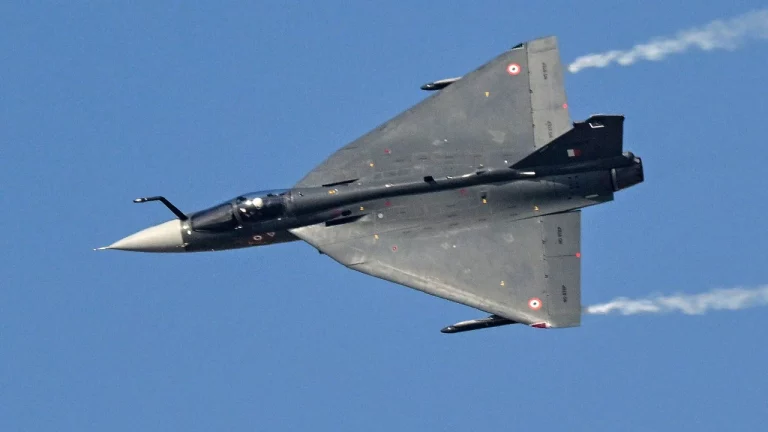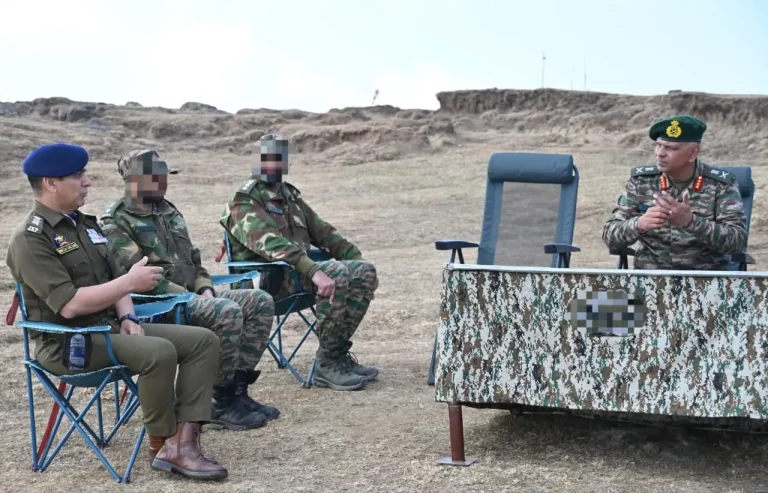Amid ongoing international discussions about resolving protracted conflicts, Indian Air Force Chief Air Chief Marshal AP Singh has highlighted the significance of India’s decisive military strategies as lessons for the world. He pointed specifically to India’s recent military operation against Pakistan, known as Operation Sindoor, executed in May this year.
Air Chief Marshal Singh drew attention to the rapid conclusion of Operation Sindoor, which successfully wrapped up within four days after achieving its objectives. The operation was launched in retaliation for a terror attack in Pahalgam that resulted in the tragic loss of 25 civilian lives. The Indian military’s response involved precision strikes targeting terror launchpads in Pakistan and Pakistan-occupied Kashmir, employing a combination of drones, missiles, and fighter jets. These strikes were reported to have destroyed nine terror launchpads and eliminated over 100 terrorists, while also dismantling key military infrastructure deep within Pakistan’s territory.
Despite facing retaliatory strikes from Pakistan, India’s air defence systems effectively intercepted most threats, ensuring minimal damage to Indian land. By May 10, following the successful execution of its objectives, India declared a ceasefire, making it clear to Pakistan that any future provocations would be met with immediate and forceful responses.
The Air Chief Marshal elaborated on the rationale behind terminating the conflict, rebutting criticisms from opposition parties suggesting that India should have continued its offensive. He stated, “We heard people say we should have continued longer. Yes, Pakistan was on the back foot, but what was our objective? Anti-terrorism. We struck them and achieved that. So why should we not terminate the conflict?” He underscored that prolonging military conflict could impose significant costs on the nation—including impacts on the economy and long-term military preparedness.
Singh’s comments seem particularly relevant in the context of lingering global conflicts, such as the Russia-Ukraine war, which has now extended into a fourth year without any viable resolution. There is also the ongoing Israel-Hamas conflict, which began in October 2023 and continues to result in substantial casualties on both sides. In stark contrast, Singh posited that Operation Sindoor exemplified a model of warfare that is swift, precise, and designed with limited but clear objectives.
Despite the active strikes concluding on May 10, Prime Minister Narendra Modi later emphasized that Operation Sindoor continues as a counter-terrorism doctrine, reinforcing India’s commitment to a robust response to any future threats. The overarching message is clear: India aims to assert its position through swift military action while avoiding the protracted conflicts that have come to plague other nations.
